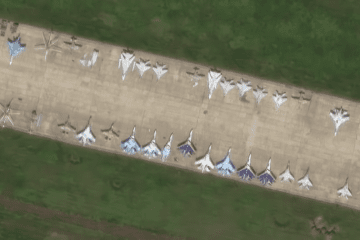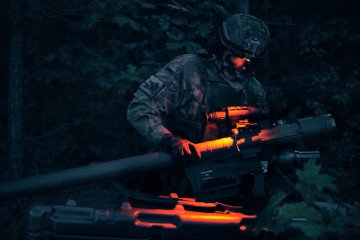- Category
- Latest news
Russia Acquires a Whopping $18.2 Billion in CNC Machines Despite Sanctions
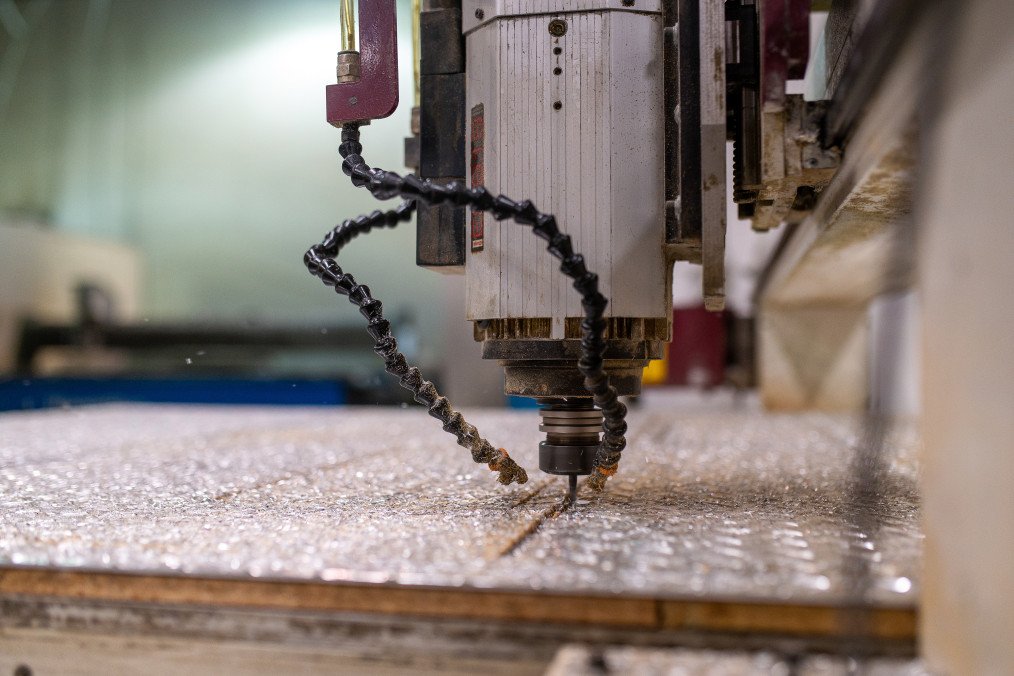
Russia acquired over 22,000 computer numerical control (CNC) machines, along with essential components and consumables worth $18.2 billion, between 2023 and the first seven months of 2024, according to the report by the Economic Security Council of Ukraine (ESCU) on January 23.
CNC machines play a critical role in manufacturing weapons, making their procurement essential for Russia’s war machine. Before its full-scale invasion of Ukraine, the country relied heavily on imports, sourcing 70–90% of its CNC machinery and up to 95% of its original components from abroad.
Where are the machines coming from?
ESCU’s analysis of customs data shows that Russia’s primary CNC suppliers are:
China – accounting for 62% of imports, valued at $2.6 billion.
Taiwan – contributing 8.9%, worth $371 million.
South Korea – providing 5.47%, valued at $228 million.
European manufacturers also continue to supply CNC equipment. Russia imported over 10,000 machines worth $405 million from Europe, with:
Italy provided 4,459 machines worth $168.8 million.
Germany supplied 2,849 machines valued at $139.9 million.
More significant than the machines themselves, Russia has imported over $14 billion worth of CNC components and consumables. China remains the top supplier, accounting for over $7 billion of this total. However, Europe has also contributed substantially:
Switzerland supplied components worth over $2.6 billion.
Germany exported parts valued at approximately $500 million.
Although the EU tightened export controls on CNC equipment, including through the 12th and 14th sanctions packages, loopholes persist. European manufacturers with subsidiaries in third countries—such as Turkey, China, India, and Malaysia—are not fully subject to these restrictions.
This has allowed Russia to procure at least 57 CNC machines, worth over $26.5 million, from these subsidiaries, alongside $9.5 million worth of components.
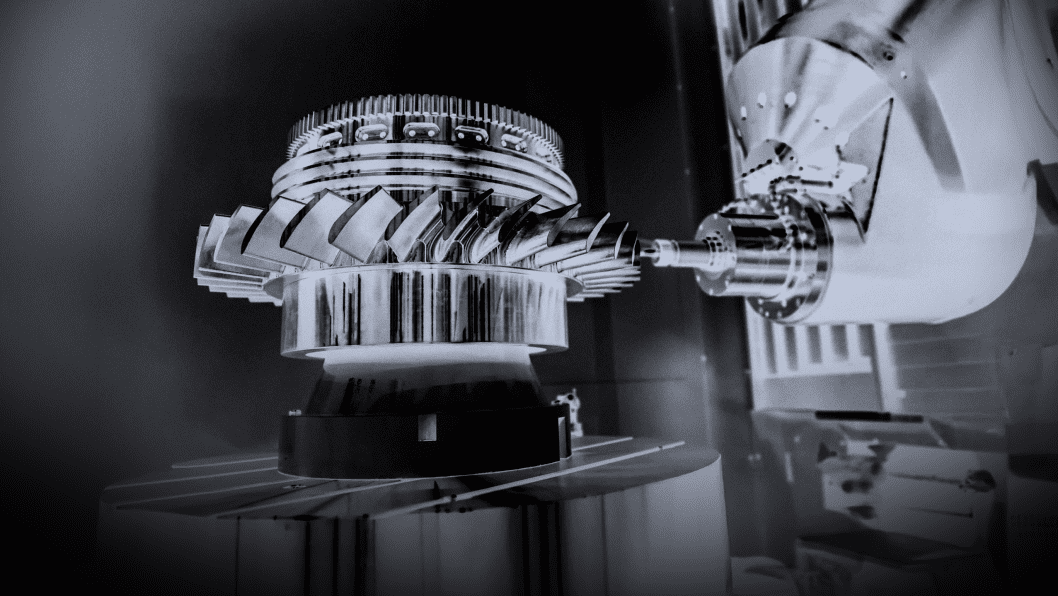
One notable example is the Istanbul branch of Germany’s Emag Salach GmbH, which delivered 17 CNC machines valued at $14.7 million. These machines are reportedly used in Russian military facilities, including the Titan-Barikadi Scientific and Production Center, which produces ballistic missile launchers and artillery system components.
Additionally, CNC machinery and parts from brands such as Trumpf, DMG Mori, Chiron, Grob, Schneider Electric, and Siemens have also found their way into Russia.
Denys Hutyk, Executive Director of ESCU, called for stronger measures to close the gaps in the sanctions regime.
“Third countries are acting as conduits for equipment that ultimately ends up in Russia, while parent companies are failing to exercise adequate oversight. This weakens the sanctions' impact. A comprehensive ban on exports and re-exports by subsidiaries in third countries is urgently needed, along with clear accountability for violators and thorough investigations into cases where European-made equipment reaches Russia.”
Earlier, reports emerged that Russia’s Arctic oil industry was facing major disruptions due to recent US sanctions targeting tankers and storage infrastructure. These sanctions led to halted deliveries of crude oil previously purchased by Asian buyers, resulting in growing stockpiles and logistical challenges.

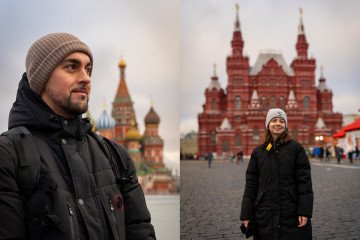
-111f0e5095e02c02446ffed57bfb0ab1.jpeg)
